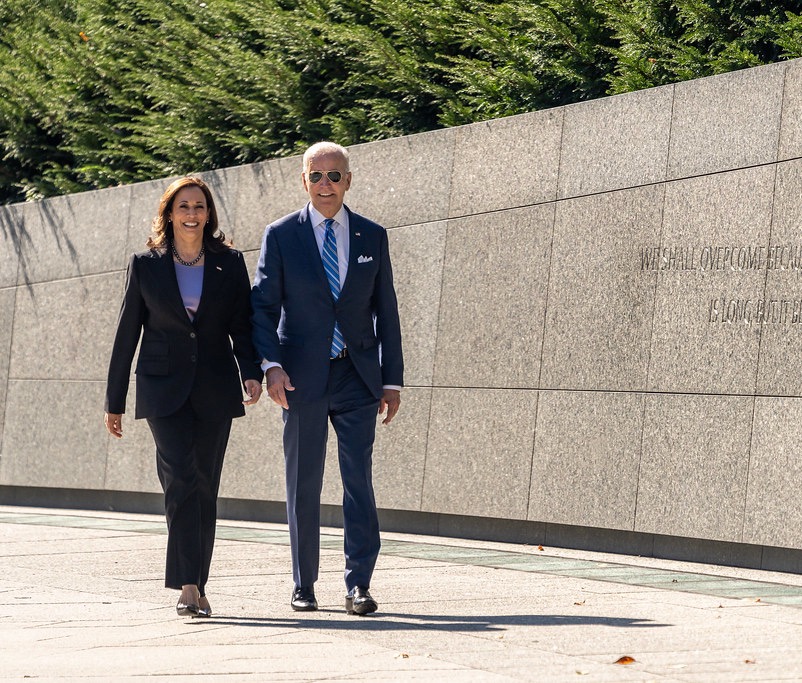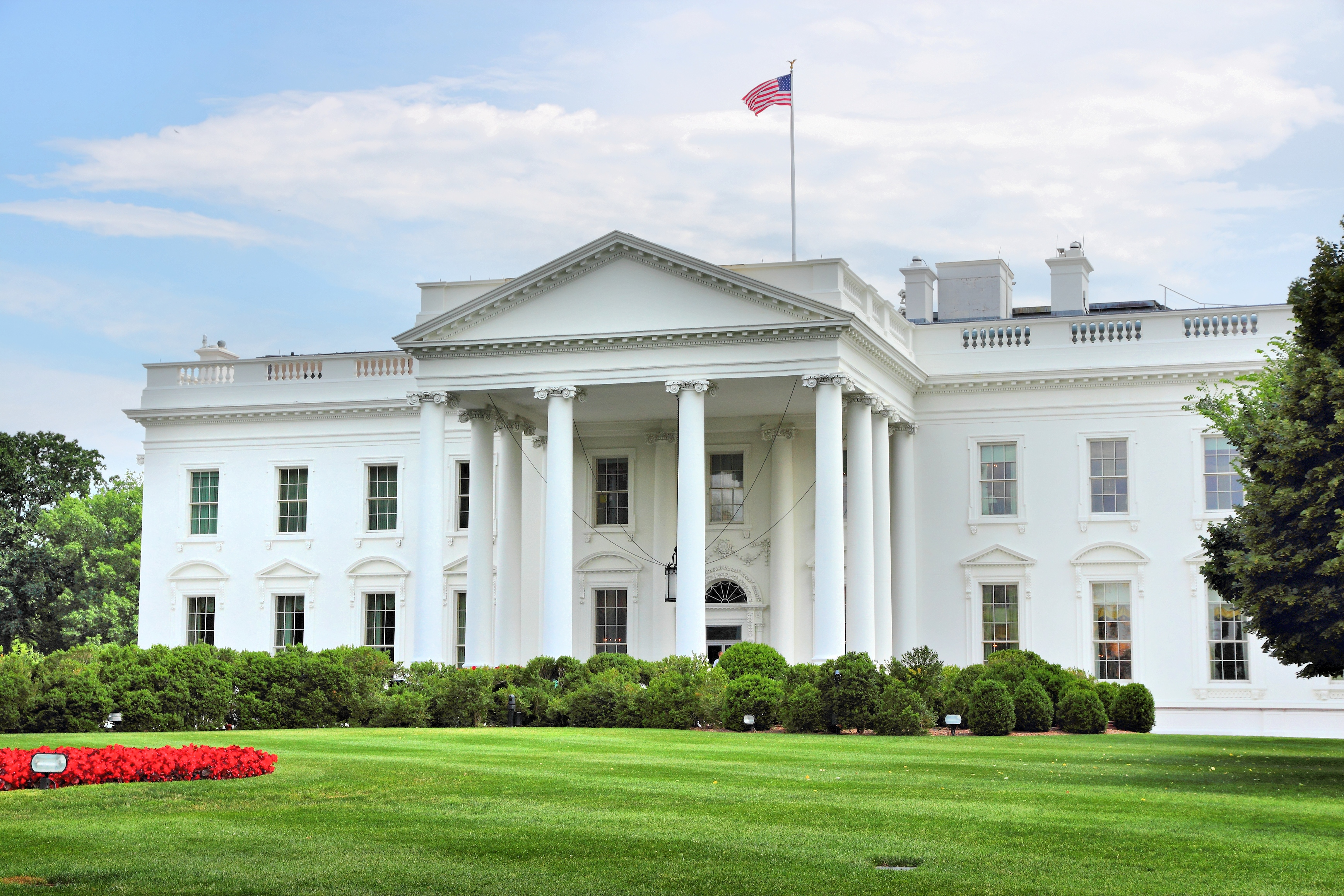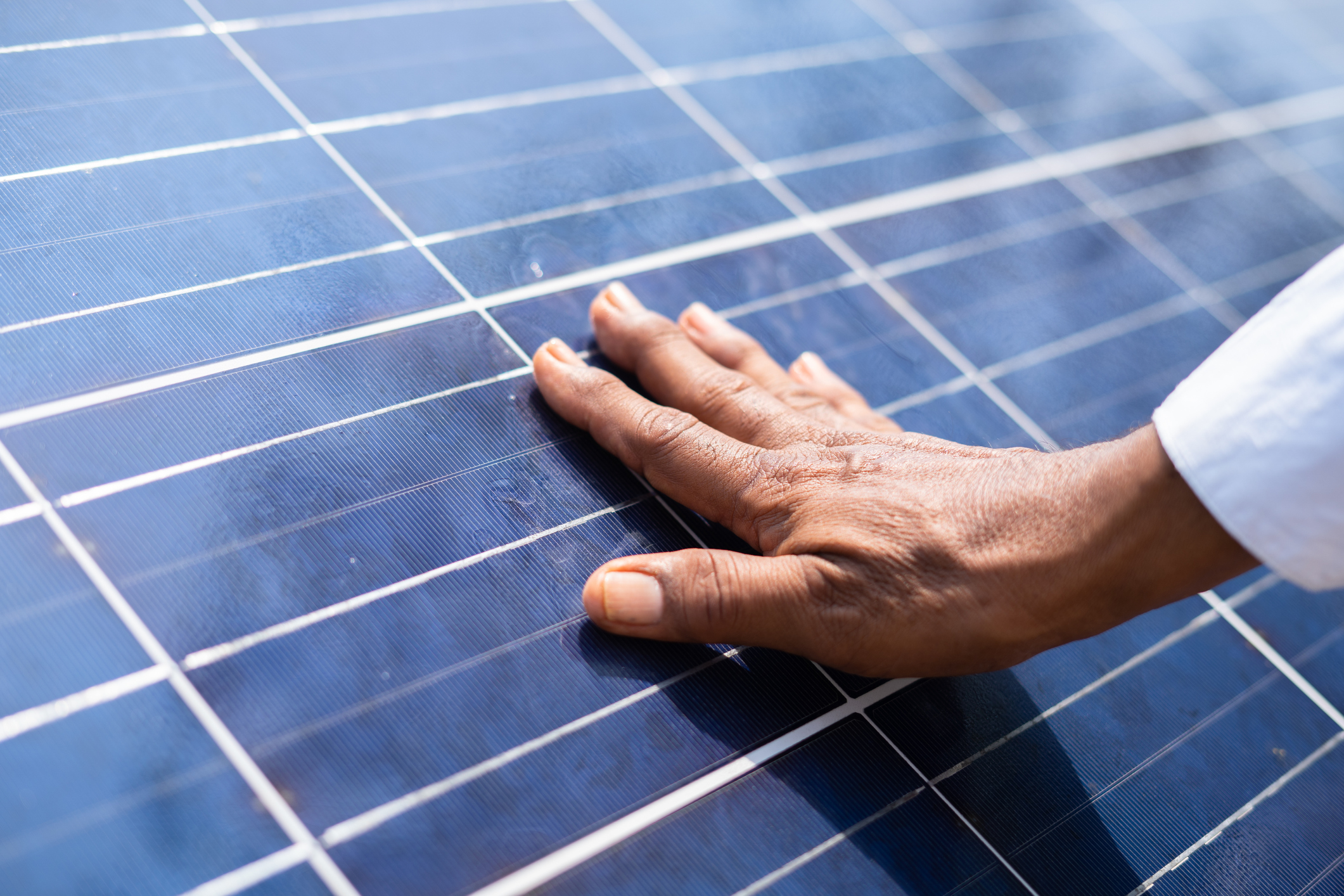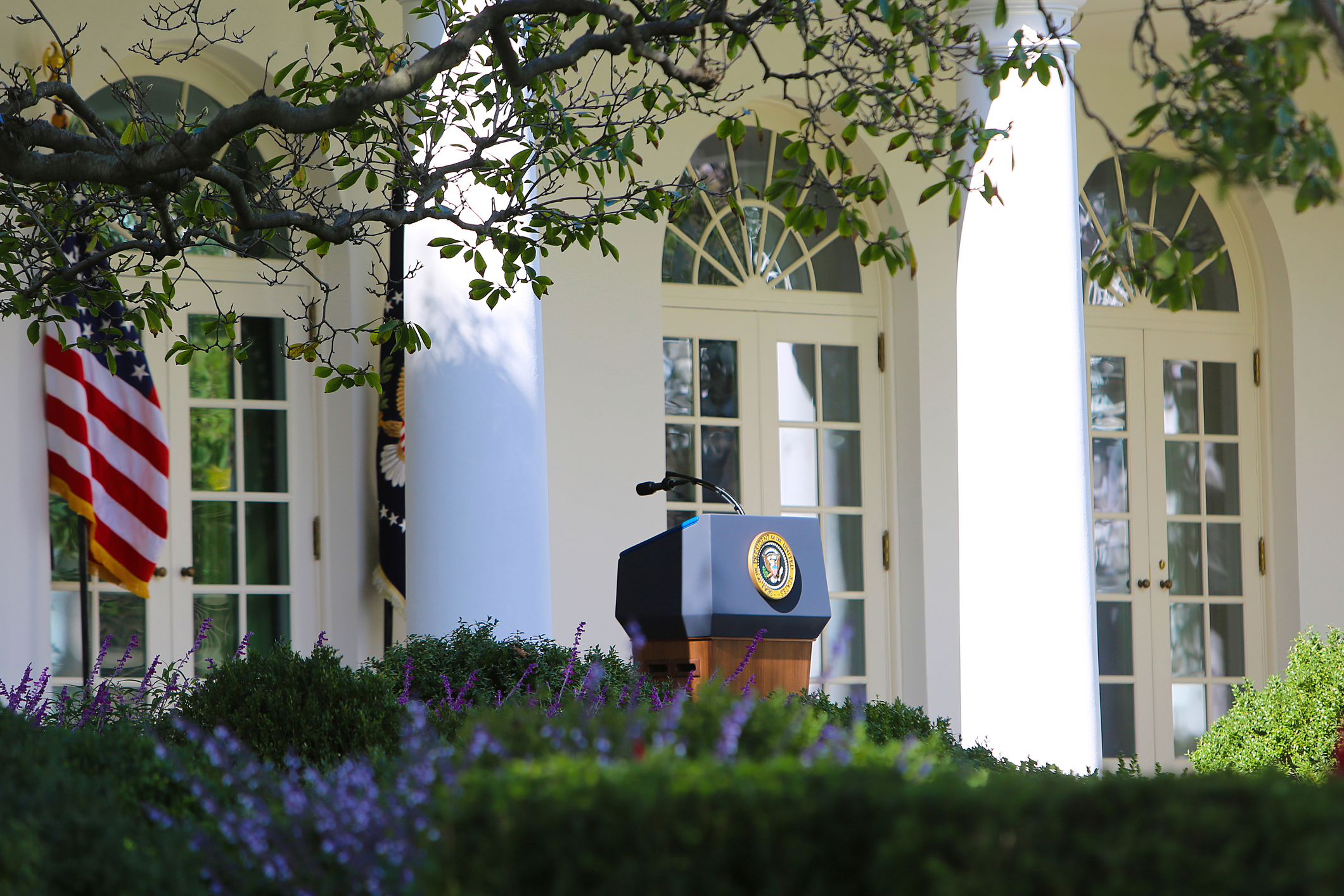Environmental Justice
“We’ve put environmental justice at the center of what we do, addressing the disproportionate health, environmental, and economic impacts that have been borne primarily by communities of color — places too often left behind.”
President Joe Biden, Earth Day 2022
For far too long, communities across our country have faced environmental injustices, bearing the brunt of toxic pollution, enduring underinvestment in infrastructure and critical services, and suffering disproportionate impacts from climate change.
President Biden and Vice President Harris believe that every person has a right to breathe clean air, drink clean water, and live in a healthy community – now and into the future. Since coming into office, they have worked tirelessly to ensure that, the voices, perspectives, and lived experiences of communities with environmental justice concerns are heard in the White House and reflected in the priorities, policies, investments, and decision-making of the Federal Government.
During his first week in office, President Biden signed Executive Order 14008 on Tackling the Climate Crisis at Home and Abroad, launching the most ambitious environmental justice agenda ever undertaken by the Federal Government. Executive Order 14008 recognizes that all Americans deserve to live in healthy, thriving communities, but, in fact, many people lack access to safe places to live, work, play, grow, and learn. To strengthen the Federal Government’s work to address environmental injustices, in April 2023, President Biden signed Executive Order 14096 on Revitalizing Our Nation’s Commitment to Environmental Justice for All. These executive orders build on the foundational efforts of Executive Order 12898 on Federal Actions to Address Environmental Justice in Minority Populations and Low-Income Populations, Executive Order 14008 established several brand-new environmental justice initiatives, including:
- The White House Environmental Justice Interagency Council (IAC), an inter-governmental body comprised of the heads of key federal agencies that seeks to advance environmental justice across the Biden-Harris Administration and is developing strategies to address current and historic environmental injustice.
- The first White House Environmental Justice Advisory Council (WHEJAC), an advisory committee comprised of environmental justice leaders and experts, which advises the IAC and the Chair of the Council on Environmental Quality (CEQ) on ways to increase the Federal Government’s efforts on environmental justice.
- The government-wide Justice40 Initiative, which aims to provide 40 percent of the overall benefits of federal climate change, clean energy, and other investments to disadvantaged communities who are marginalized by underinvestment and overburdened by pollution.
- The Climate and Economic Justice Screening Tool, which seeks to help agencies identify disadvantaged communities, including for the Justice40 Initiative, and to inform equitable decision-making across the Federal Government.
- The Environmental Justice Scorecard, which tracks federal agency progress on advancing environmental justice, including on the Justice40 Initiative.
- An environmental justice playbook to guide agency development of Environmental Justice Strategic Plans and Assessments, which increase accountability and transparency in federal environmental justice policy.
- An Environmental Justice Subcommittee of the National Science and Technology Council, which, among other tasks, has developed an Environmental Justice Science, Data, and Research Plan.
Securing environmental justice for all is not a goal that can be achieved in one year, nor through a single initiative. For the Biden-Harris Administration, environmental justice is a whole-of-government commitment that requires early, meaningful, and sustained partnership with communities and dedicated leadership in federal agencies.
The Biden-Harris Administration has taken hundreds of actions to repair the damage caused by the prior Administration’s rollbacks and implemented an ambitious regulatory agenda to address environmental justice. The Administration has finalized stronger clean air standards for chemical plants; banned ongoing uses of asbestos, a toxic substance linked to cancer; and taken action on per- and polyfluoroalkyl substances (PFAS), a dangerous “forever chemical” linked to certain cancers, weakened immunity, thyroid disease, and other adverse health effects. These are just a few examples of actions that the Biden-Harris Administration has implemented to protect the health and well-being of the public, including overburdened communities.
Further, agencies, including the Environmental Protection Agency, the Department of Justice, the Department of Health and Human Services, and the Department of Agriculture, have launched new or strengthened equity and justice offices, strategies, and policies to pursue environmental justice and support on-the-ground change in communities. The Biden-Harris Administration also has taken steps to enhance civil and criminal enforcement of environmental violations in communities overburdened by pollution.
Since day one, President Biden and Vice President Harris have worked tirelessly to secure historic and long overdue investments in environmental justice, advance science-based regulations that reduce environmental pollution, strengthen enforcement of the nation’s environmental and civil rights laws, and elevate the voices of communities with environmental justice concerns in the White House and throughout the Administration.




